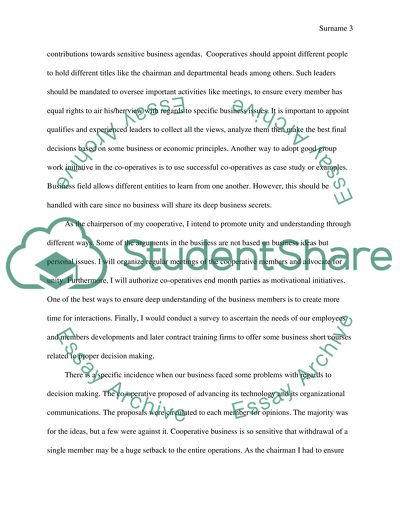Cite this document
(“Cooperatives Essay Example | Topics and Well Written Essays - 2500 words”, n.d.)
Retrieved from https://studentshare.org/sociology/1404525-co-operative-enterprise
Retrieved from https://studentshare.org/sociology/1404525-co-operative-enterprise
(Cooperatives Essay Example | Topics and Well Written Essays - 2500 Words)
https://studentshare.org/sociology/1404525-co-operative-enterprise.
https://studentshare.org/sociology/1404525-co-operative-enterprise.
“Cooperatives Essay Example | Topics and Well Written Essays - 2500 Words”, n.d. https://studentshare.org/sociology/1404525-co-operative-enterprise.


